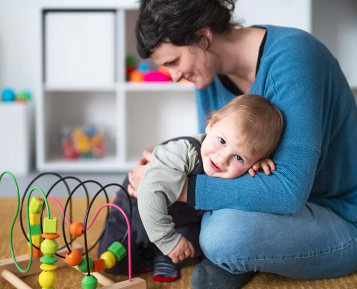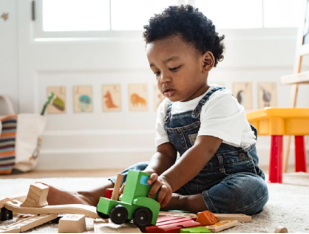Every child grows and learns at their own pace, but there are general milestones that help guide parents and caregivers in tracking development. Understanding the signs of developmental delays in early childhood can ensure timely support and a smoother path for a child’s overall well-being.
What Are Developmental Delays?
Developmental delays occur when a child does not reach expected milestones in one or more areas such as speech, motor skills, social interactions, or cognitive abilities. Delays can be temporary or signal a more lasting concern. Identifying them early is key to providing the right interventions.
Common Signs to Watch For
- Speech and Language: A child who is not babbling by 12 months, has limited vocabulary by age 2, or struggles to form simple sentences by age 3 may be showing signs of delay in communication.
- Motor Skills: Difficulty with physical tasks such as crawling, walking, holding objects, or coordinating movements may suggest delays in gross or fine motor development.
- Social and Emotional Skills: Lack of eye contact, limited interest in playing with others, or difficulty expressing emotions could indicate social or emotional development concerns.
- Cognitive Skills: Trouble understanding simple instructions, problems with memory, or difficulty engaging in age-appropriate problem-solving activities may point to cognitive delays.
When to Seek Support
Trusting your instincts as a caregiver is important. If something feels off or if a child is consistently behind peers, it may be time to speak with a pediatrician or early childhood specialist. Early screening tools and assessments can help pinpoint specific areas where a child may need help.
The Importance of Early Intervention
Addressing developmental delays early can make a significant difference in a child’s learning and daily life. Early intervention services may include speech therapy, occupational therapy, physical therapy, or educational support. These services aim to strengthen skills and boost confidence.
Creating a Supportive Environment
Encourage a nurturing atmosphere at home with plenty of opportunities for play, conversation, reading, and exploration. Positive reinforcement, patience, and routine can also help children thrive and feel secure.
Final Thoughts
Not all delays are cause for alarm, but recognizing signs early allows families and professionals to work together in supporting each child’s growth. With the right guidance and resources, every child can make meaningful progress on their unique journey.


